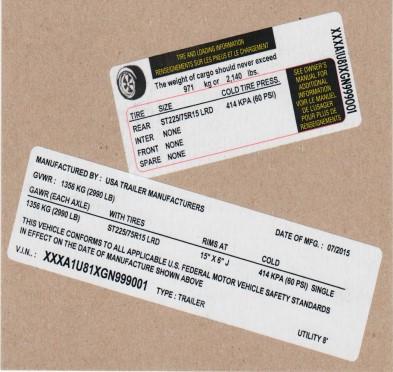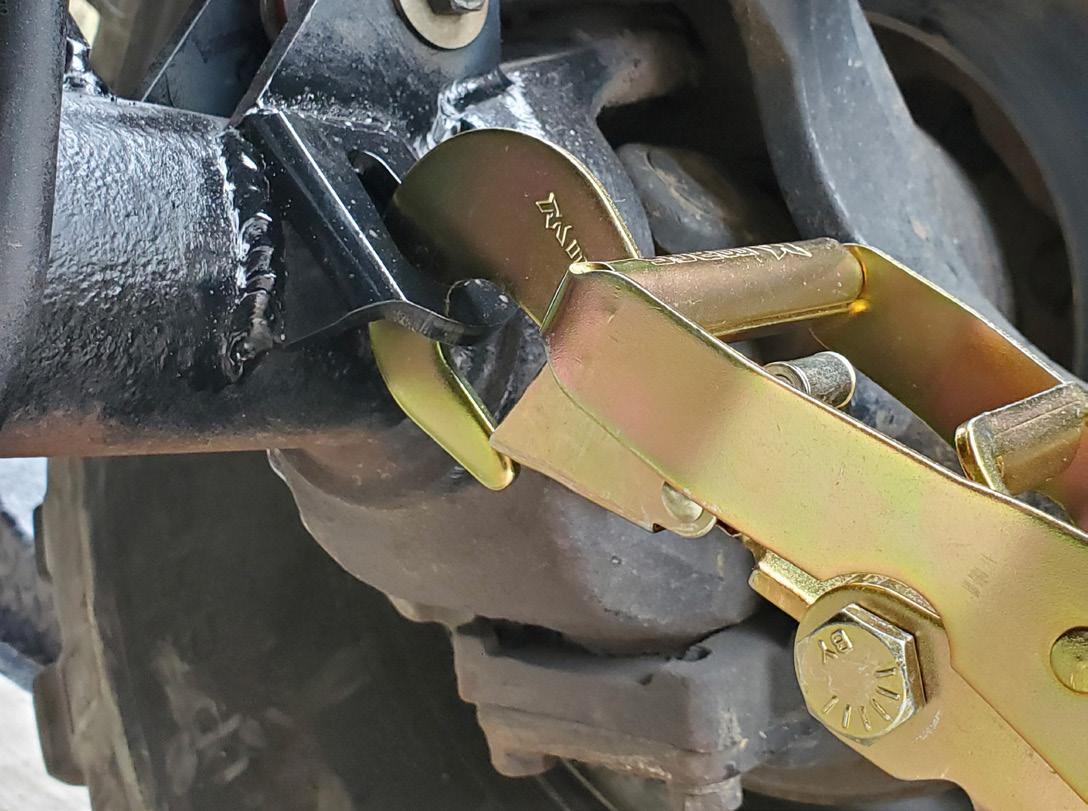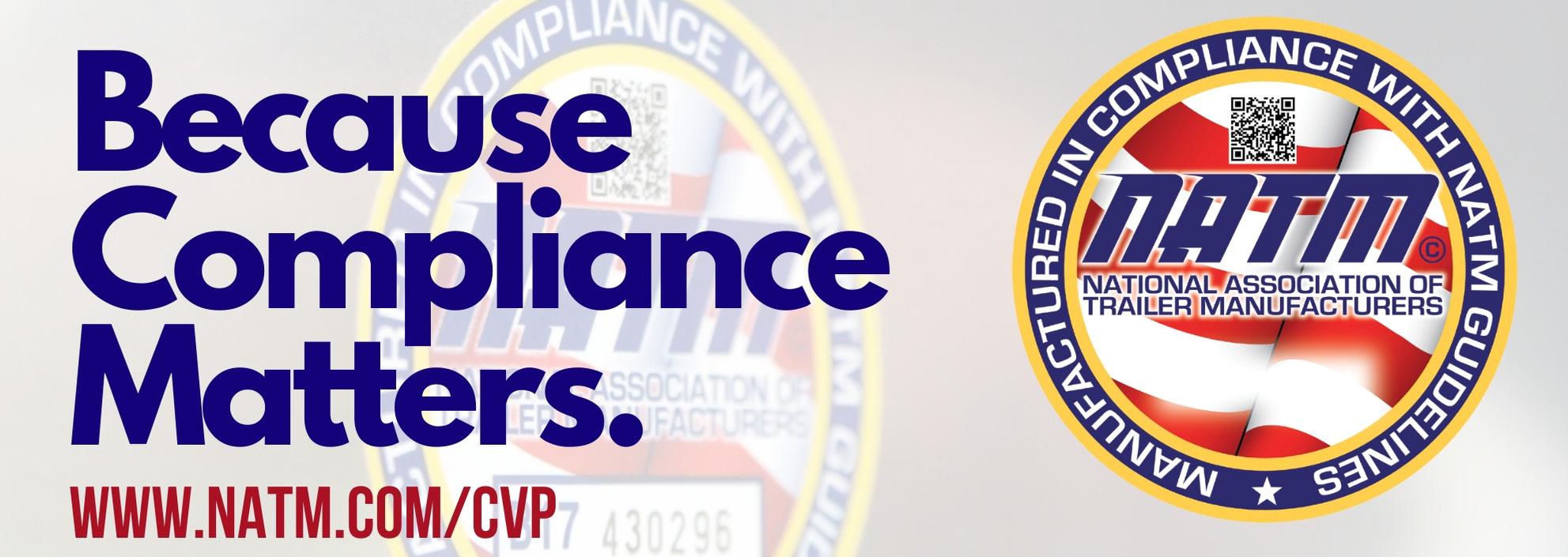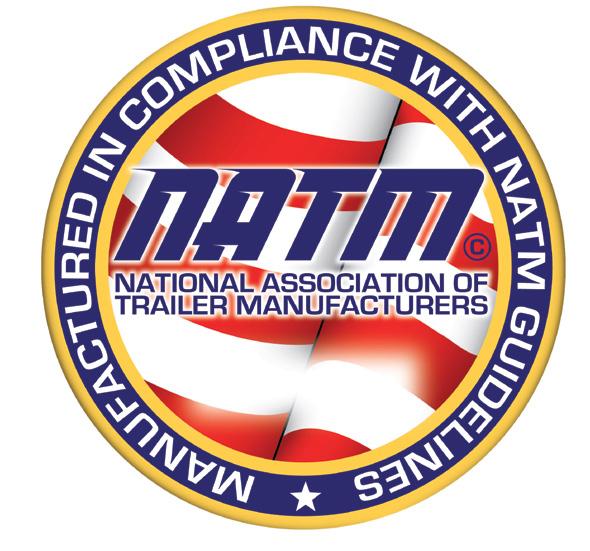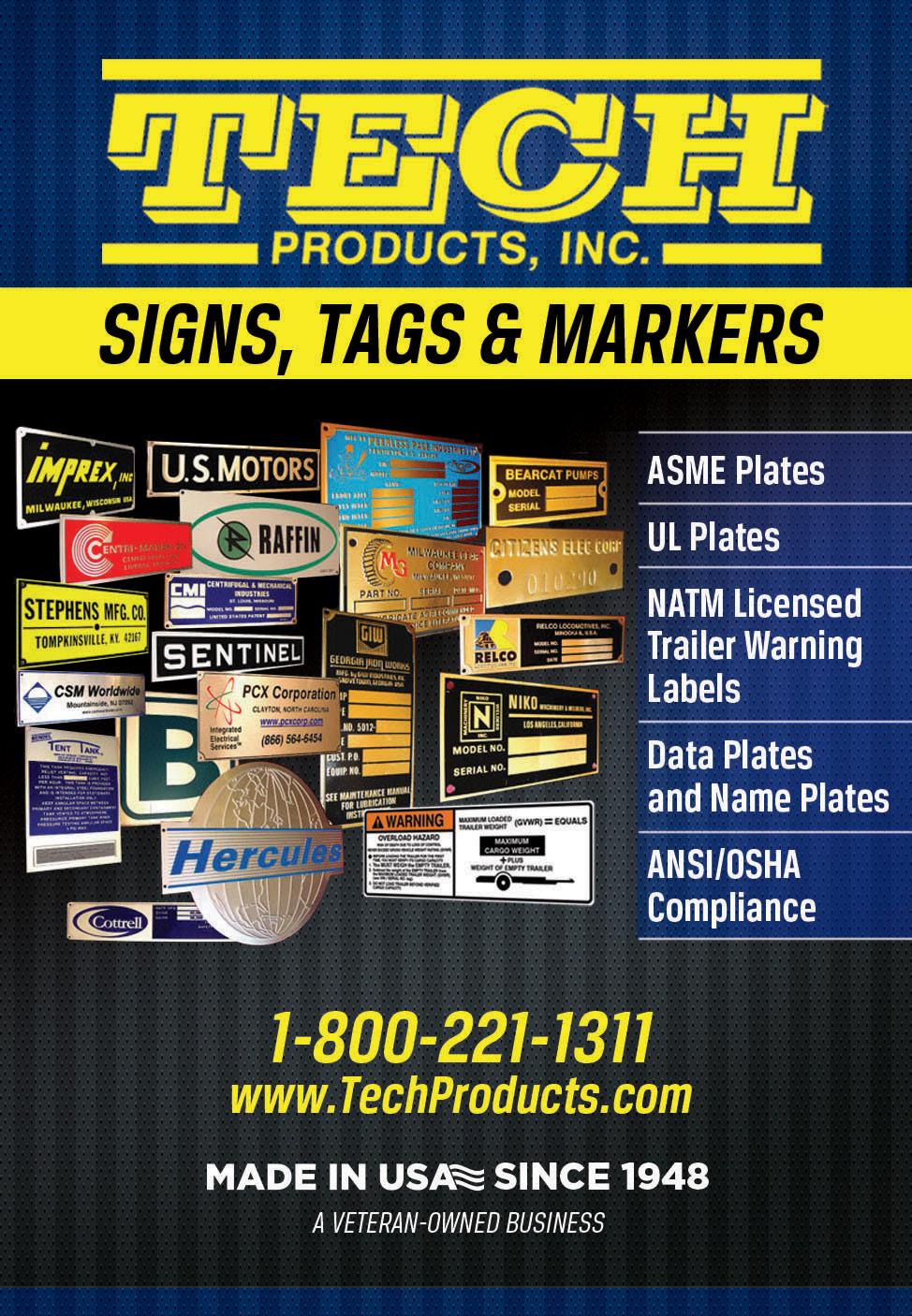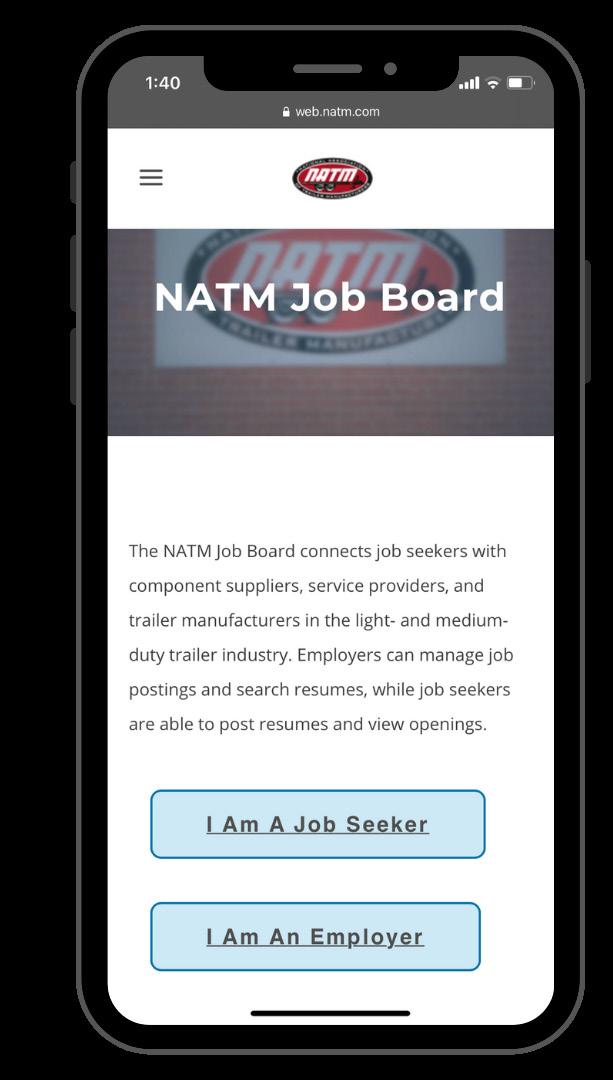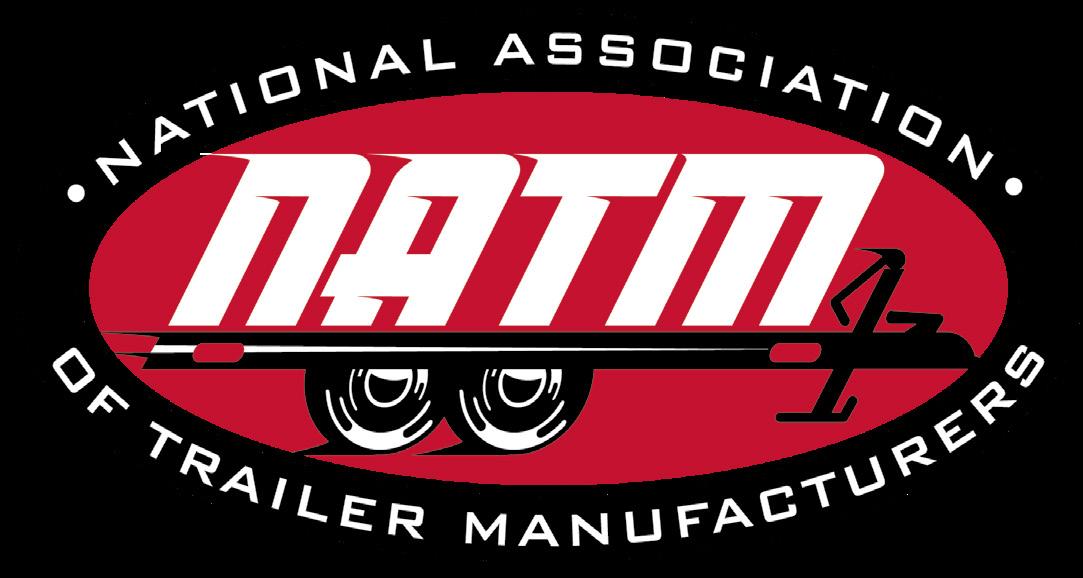Tire Recordkeeping Requirements for Dealers
Tracks
Tire Recordkeeping Requirements for Dealers By Terry Jones, NATM Technical Director
Readers may have noticed articles on tire recordkeeping in the past but such a complicated, far reaching regulation with consequences for non-compliance warrants regular coverage. Further, past articles have focused almost entirely on manufacturer’s requirements and have only briefly discussed a dealer’s requirements. This article intends to provide a simple overview of requirements for dealers as supplement to more indepth content. Who Needs to Comply? Trailer dealers enter the tire supply chain in various ways that include, but are not limited to, the following situations: •
Selling a trailer equipped with tires that were attached at the time of delivery to the dealer.
•
Selling a trailer equipped with tires that were not attached at the time of delivery to the dealer.
38
March/April 2021
•
Selling tires separately as replacement parts.
•
Servicing and installing tires.
Under these various scenarios, federal regulation contemplates trailer dealers as both tire distributors and tire dealers (see 49 CFR §574.8 and §574.9). While this distinction matters from a regulatory perspective, however a trailer dealer enters the supply chain and becomes involved in the sale of tires, the resulting obligations are the same and all trailer dealers must comply. What Must a Dealer Do? A trailer dealer only has one obligation under the tire recordkeeping requirements: to facilitate notification to purchasers of defective or nonconforming tires. Dealers can fulfill their obligations in several ways. Each methodology described below provides a path for tire manufacturers to contact potentially impacted customers in the event of a tire recall.
www.NATM.com









